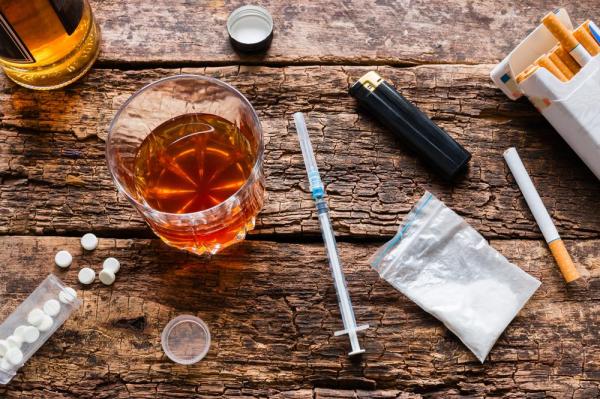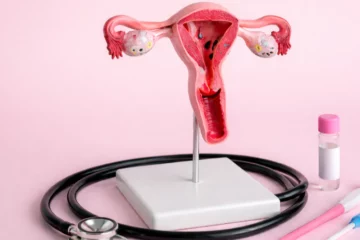
While stories of raiding a parents’ liquor cabinet or finding their stash may not portend substance abuse later in life, a recent study suggests easy access to drugs or alcohol during the teen years increases the risk for a problem in adulthood.
Researchers at Michigan State University found easy access to drugs or alcohol at home during adolescence increases the risk for use and abuse later in life, and that the effects are stronger for males and white people.
Previous research has linked parental abuse of substances to substance use among youths, however researchers say a look at the longer term results of this exposure had not previously been done.
For the study, published in The Journal of Child and Adolescent Substance Abuse, researchers analyzed data on 15,000 adolescents and young adults collected as part of the National Longitudinal Study of Adolescent Health, reviewing cases from waves 1, 3 and 4 of the study when survey participants were an average age of 16, 22 and 29 years old.
Overall, the researchers found teens with easy access started using drugs and alcohol at a younger age and were more likely to be using one or both as they got older.
Males with more access to mind-altering substances early in life were found to be more likely to do use them in their 20s than females exposed to them during adolescence.
Despite Hispanic and Asian participants having greater access to drugs and alcohol than other racial and ethnic groups in the study, whites were found to be much more likely to use them in adulthood than Hispanic, Asian or black participants in the study.
“While there have been many studies linking alcohol and drug use by parents to substance use among youths, there is limited research on how the availability of alcohol and drugs in the home may influence patterns of use among offspring in the future,” Cliff Broman, professor of sociology at Michigan State University, said in apress release. “These findings provide evidence that the availability of illegal drugs and alcohol in the home while growing up is a critical factor in the later use of substances.”
[Source:- UPI]




